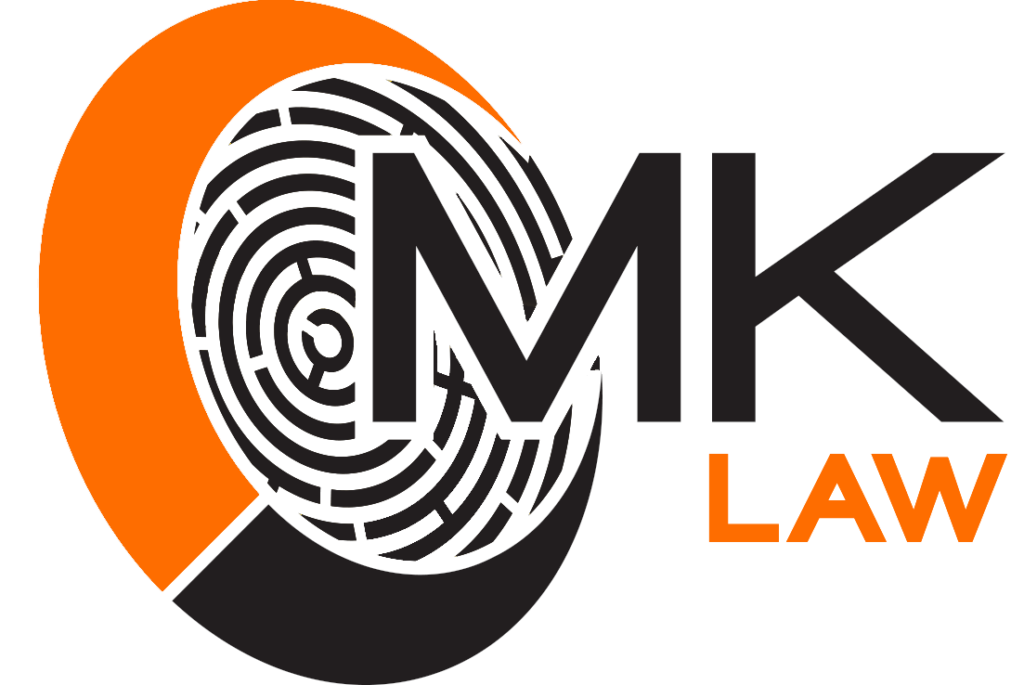False Instrument offences, under the Forgery and Counterfeiting Act 1981 include:
- Making false instrument;
- Copying a false instrument;
- Using a false instrument;
- Using a copy of a false instrument;
- Having custody or control of specific kinds of an instrument;
- Making or having custody of machines, paper etc. for making instruments.
An “instrument” can be any number of documents but includes:
- Postal stamps;
- Share certificates
- Inland Revenue stamps;
- Discs, tapes or soundtracks on which information is stored;
- Formal or informal documents.
The important requirements to be proven in order to convict for these offences is that there was an “intention to induce somebody to accept the instrument as genuine” meaning that there must have been intent to make another person believe the instrument was real, and that “by reason of so accepting it to do or not do some act to his own or any other person’s prejudice”, i.e. if the instrument were to be believed as being real, it would cause another person to suffer a form of loss.
Often cases of this type involve international documents. The Magistrates’ Court and Crown Court have jurisdiction to hear False Instrument cases provided a “relevant event” occurred in England or Wales, even if the accused was not in the jurisdiction at the time, or is not a British citizen.

